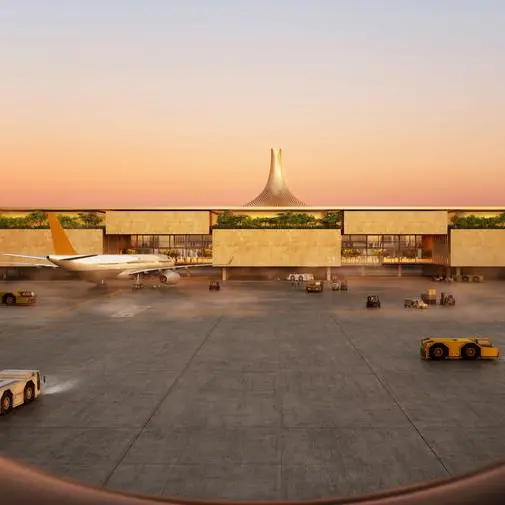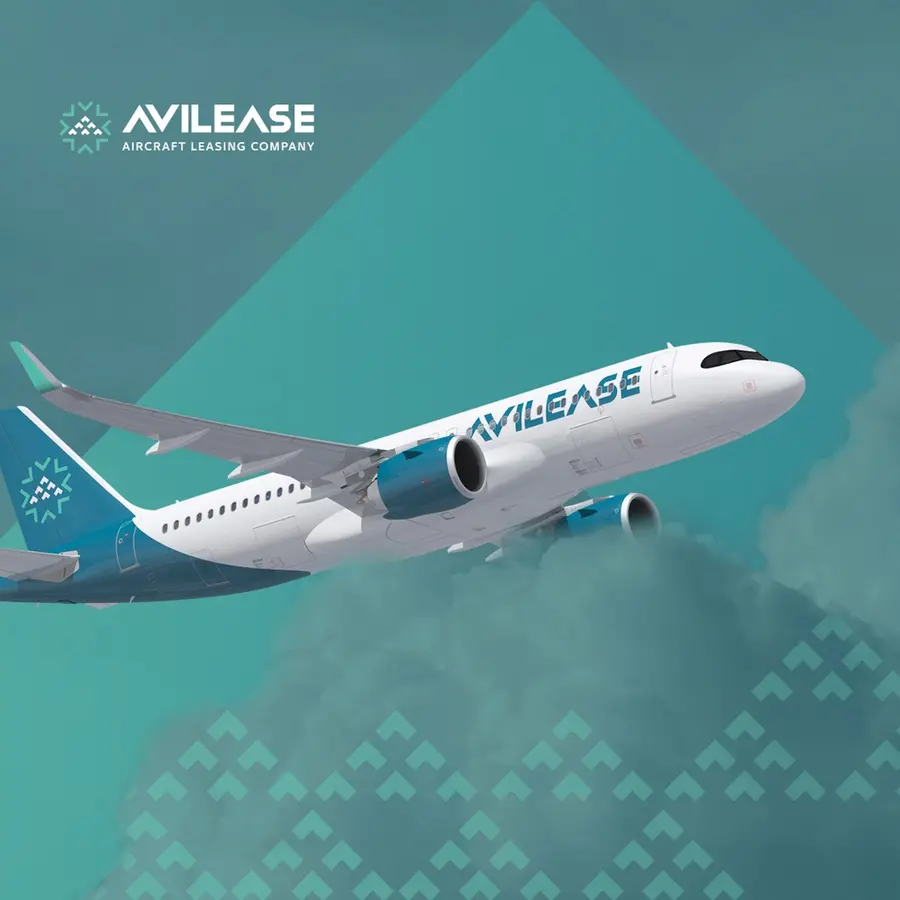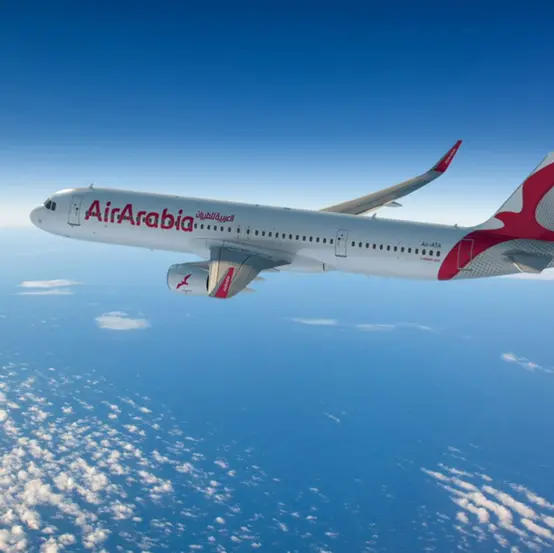PHOTO
Doha, Qatar: Qatar Computing Research Institute (QCRI) at Hamad Bin Khalifa University (HBKU) and Boeing, the world’s leading aerospace company, are discussing opportunities to expand their longstanding partnership.
The partnership, which has thrived on fostering innovation and nurturing local talent capabilities in Qatar, is now transitioning from research into real-world applications, with a keen focus on robustness, unforeseen situations, and the development of advanced AI solutions for safe, efficient and sustainable aircraft operations, said Artificial Intelligence Chief Technologist and Senior Technical Fellow at Boeing, Dragos Margineantu.
“To label something robust means it handles unforeseen circumstances well. We face this challenge with machine learning and artificial intelligence systems,” said Margineantu, who was speaking to The Peninsula on the sidelines of Machine Learning and Data Analytics Symposium (MLDAS 2023) held recently.
Three years ago, Boeing united software engineers into a new single organisation which drives economies of scale, integrates software decisions throughout the lifecycle of programmes while enhancing research and development and engineering, and promotes professional growth of its employees.
Margineantu said one significant project in progress is development of “connected cargo” solutions.
This project will enable greater operational efficiency with a focus on the brand-new Boeing 777-8 Freighter, with Qatar Airways as the launch customer.
Since 2012, Boeing and QCRI have also spearheaded pioneering research in the fields of predictive maintenance, machine learning and computer vision for autonomous systems. Their collective efforts have strengthened the understanding of data correlations generated by aerospace systems, further enhancing the early detection of small objects to ensure safer landings.
Executive Director at QCRI, Ahmed K. Elmagarmid, said, “We’re hoping to expand our partnership. It’s very important to be dynamic and adaptive and the problems that we started working on 11-12 years ago have evolved.”
“Now we’re working on autonomous systems, we’re working on newer problems, very difficult problems. We like difficult problems because the easy problems will be solved by anybody. For difficult challenges you need serious scientists to solve. And we have this talent,” he added.
MLDAS 2023 was organised by QCRI and Boeing recently in Doha and it shared insights on the latest advances in artificial intelligence. It aimed at bridging the gap between cutting-edge academic insights and the practical needs of industry. The symposium covered applications and challenges of AI in aviation, education, sport analytics and recommendation system as well as the technical hurdles associated with edge computing.
© Dar Al Sharq Press, Printing & Distribution. All Rights Reserved. Provided by SyndiGate Media Inc. (Syndigate.info).





















